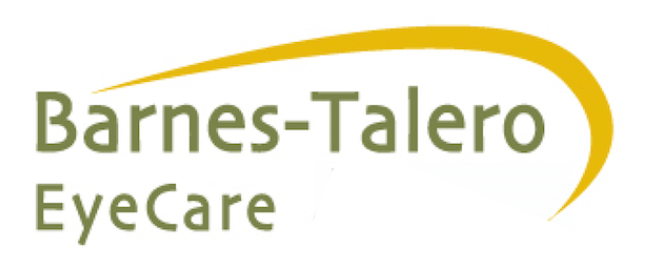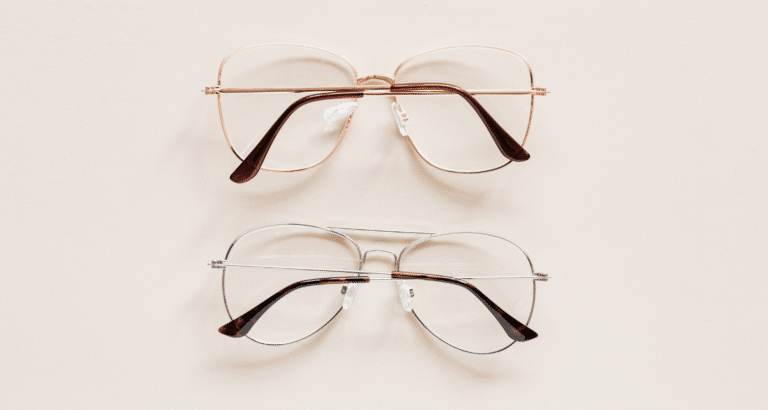Contact Lenses for the “Hard-to-Fit” Patient

Contact Lenses for Hard-to-Fit Eyes in Nashville
Some people struggle with contact lenses. This can happen because of eye shape, certain conditions, or past surgery. These patients are often called “hard-to-fit.”
If you are in this group but still prefer contacts, options exist. With a careful exam and fitting, many people find lenses that work. An experienced Nashville eye doctor can guide you to the right choice. You may be considered a hard-to-fit patient if you have:
- Dry eyes
- Astigmatism
- Giant Papillary Conjunctivitis (GPC)
- Keratoconus
- Pellucid Marginal Degeneration
- Post-LASIK or other refractive surgery
- Presbyopia (common after age 40)
- Corneal scarring
Dry Eyes and Contact Lenses
Dry eye can cause burning, redness, irritation, and even blurry vision. Contact lenses may make these symptoms worse. Many people without chronic dry eye still notice dryness when wearing contacts.
If you have ongoing dry eyes, see your doctor for care first. After treatment, safe contact lens options may be possible. Some dry eye specialties include lenses and cleaning products made for comfort.
Gas permeable (GP) lenses can also help. They do not dry out like soft lenses and may trap a small layer of moisture under the lens. In some cases, this keeps the eyes more comfortable. Your doctor may also suggest shorter wearing times or frequent replacement.
Toric Lenses for Astigmatism
Astigmatism happens when the cornea has two curves instead of one. This causes blurred or double vision. Regular contacts often don’t fit well in these cases.
Toric lenses are designed to correct astigmatism. They are custom made and usually soft, though gas permeable options can be tried if rotation is a problem. Because they are customized, they take longer to make and can cost more than standard lenses.
Are Contact Lenses Right for You?
If you have one of these conditions, don’t give up on contacts. Modern lens designs, including scleral lenses and other management lenses, offer comfort and vision correction for many patients once considered “hard-to-fit.”
Schedule a visit with your eye doctor to explore the safest and most effective option.
Bifocal and Multifocal Contact Lenses for Presbyopia
Presbyopia affects near vision in people over 40. Many keep bifocal or multifocal glasses for reading, but contacts are another option.
Some patients use management lenses like monovision. In this setup, one eye is corrected for distance, the other for near. Another choice is multifocal lenses, which use both eyes for distance and near together. Both options may need a short adjustment period.
GPC and Contact Lenses
GPC is when the inside of the eyelid becomes swollen. It is often linked to protein deposits on contacts.
Doctors may suggest daily disposable lenses or RGPs, which don’t build deposits as easily. Sometimes medicated drops are needed, and lens wear may be paused until symptoms improve.
Gas Permeable Lenses
Rigid Gas Permeable (RGP) or GP lenses can work well for many hard-to-fit patients. They are made of firm, oxygen-permeable material. They reduce protein buildup and allow the eye to breathe. GPs can also hold some moisture under the lens, reducing dryness.
RGPs for Keratoconus
Keratoconus happens when the cornea thins and bulges forward. Soft contacts or glasses often do not give clear vision for these patients.
Rigid gas permeable lenses are a common choice. They provide sharper vision and may slow changes in cornea shape. In some cases, scleral lenses are also used. These larger lenses vault over the irregular cornea, offering both comfort and clarity. These are part of the growing set of irregular cornea options available today.
Post-LASIK or Vision Correction Surgery
While LASIK is often successful, some patients still notice glare or halos at night. Gas permeable lenses can reduce these problems and help restore sharp vision.
FAQs
FAQs About Hard-to-Fit Contact Lenses
What contacts are good for hard to fit eyes?
Scleral lenses, RGPs, and custom toric lenses often work well.
Who cannot wear scleral lenses?
Patients with severe allergies or certain corneal conditions may not be good candidates.
Why is it so hard for me to put on contact lenses?
Technique matters. Practice and the right tools can make insertion easier.
How much do orthokeratology lenses cost?
Prices vary but are usually higher than regular lenses due to custom design.
Get in Touch
Ask Us Anything!
Contact Us Today
Clearer Vision Starts Here
Looking for expert eye care, glasses, or vision therapy? Fill out the form and our team will get back to you quickly to schedule your appointment.
What We Offer:
- Eye exams for children and adults
- Contact lens fittings
- Medical eye care for diabetes, glaucoma, and more
- Glasses and lens options for every lifestyle
(615) 485-6251
Give us a call to schedule your next appointment




